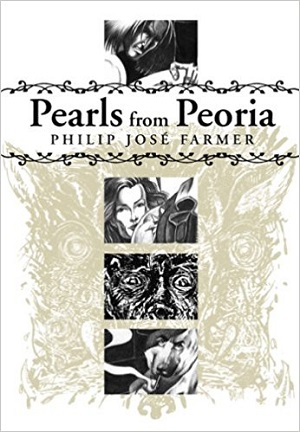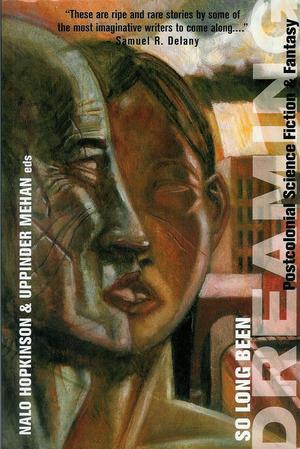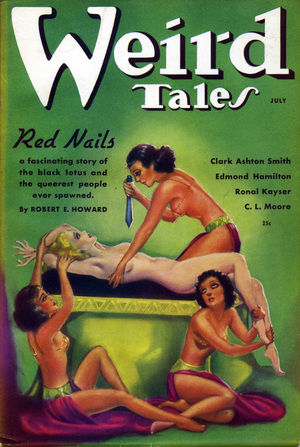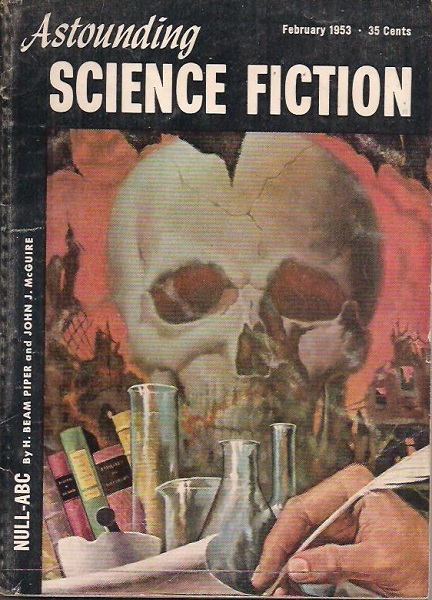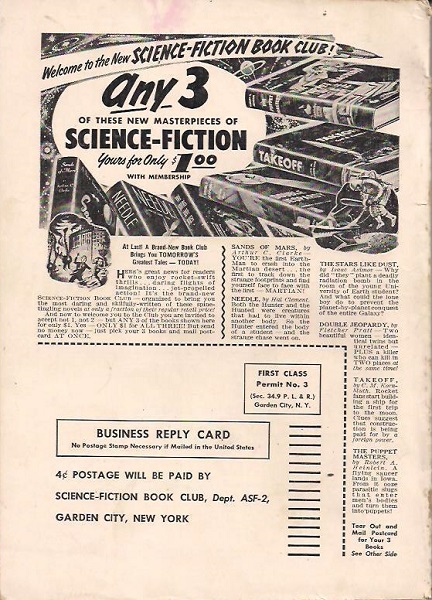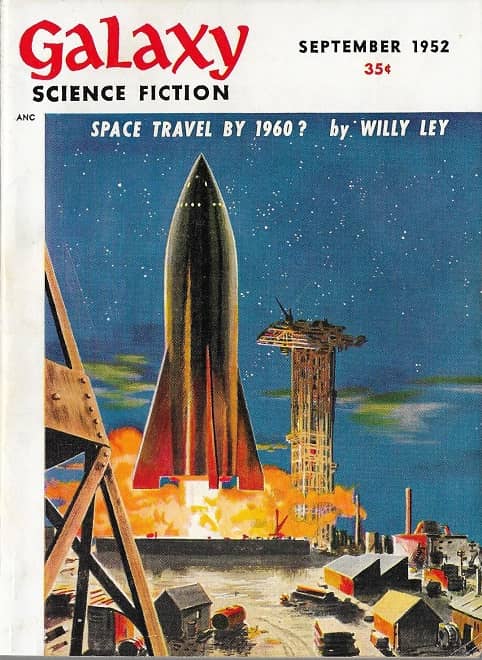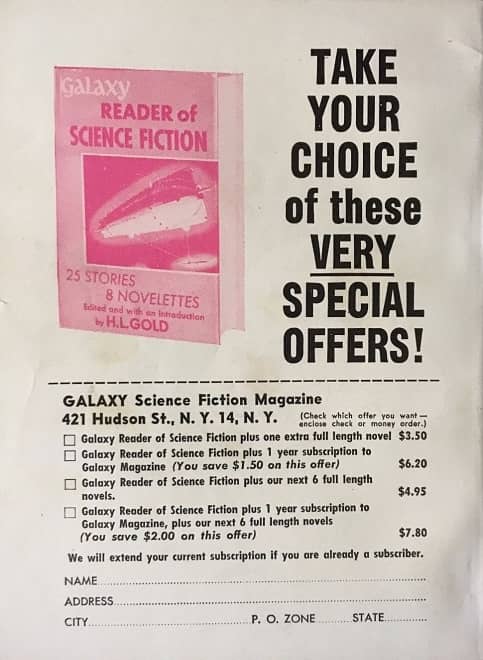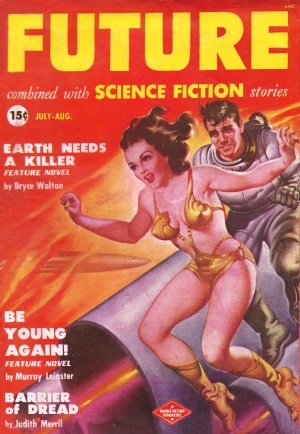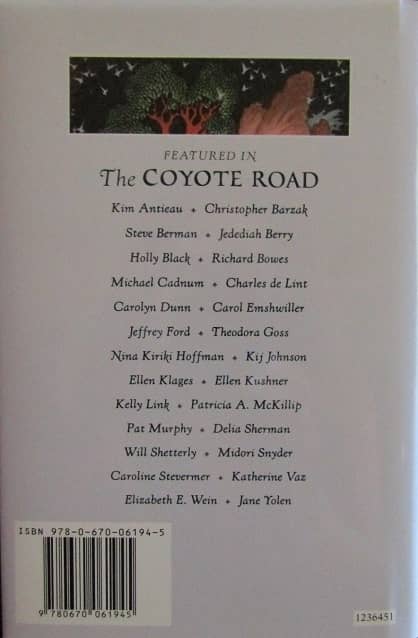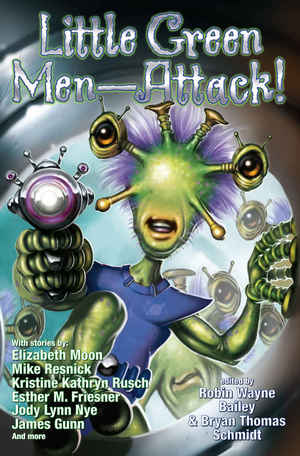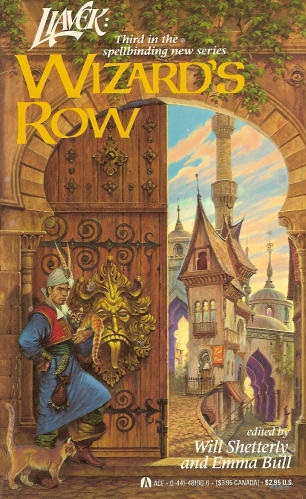Birthday Reviews: K.D. Wentworth’s “Her Fair and Unpolluted Flesh”
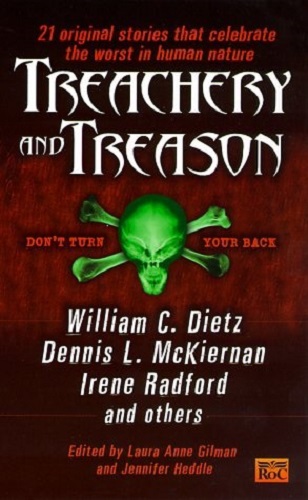 |
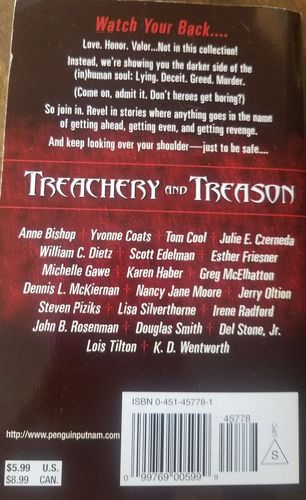 |
K.D. (Kathy Diane) Wentworth was born on January 27, 1951 and died on April 18, 2012. Wentworth was nominated for the Nebula Award four times, for the short stories “Burning Bright,” “Tall One,” and “Born Again” and for the novelette “Kaleidoscope.” Wentworth published two novels in the Heyoka Blackeagle series and two novels in the House of Moons Chronicles. She also co-wrote two of the novels in the Jao Empire series in collaboration with Eric Flint and two stand-alone novels.
“Her Fair and Unpolluted Flesh” was published in Treachery and Treason, edited by Laura Anne Gilman for Roc in 2000. It has never been reprinted.
K.D. Wentworth creates a religion which based on the holy scripture of the play Hamlet in “Her Fair and Unpolluted Flesh.” Based on what Father Benedicto and Father Frederick say, the religion is extremely misogynistic, claiming that women are soulless and have no reason to learn to read or do anything useful.
Set in a nunnery of ophelias, the women are trained to follow in her tragic footsteps to honor the glory that was the character of Hamlet. One of the sisters is to be selected to participate in a ritualistic drowning and is placed into the care of the young, and unsure Father Frederick.
